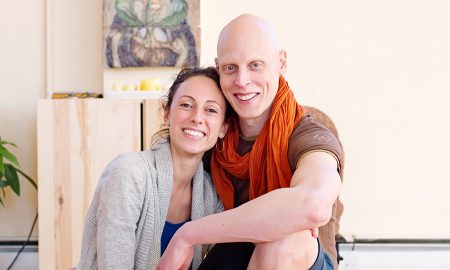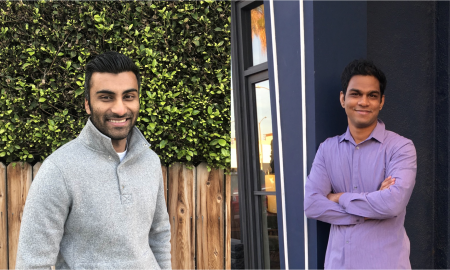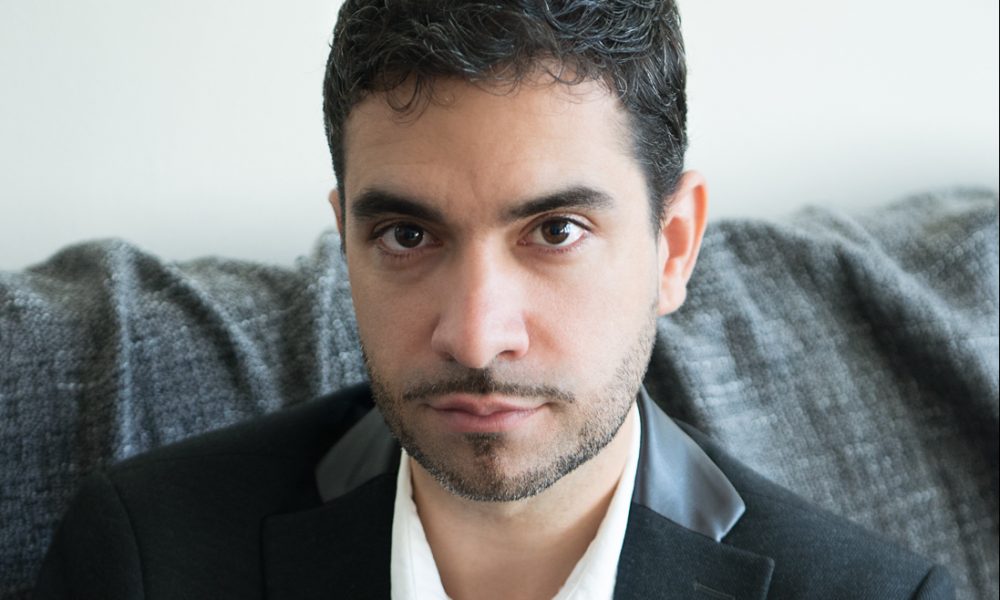

Today we’d like to introduce you to Dariel Suarez.
Dariel, can you briefly walk us through your story – how you started and how you got to where you are today.
I grew up in Havana, Cuba surrounded by all sorts of books and boxes bursting with newspaper clippings. My father was a self-taught journalist and writer. Many of his friends, who would often visit our apartment at the back of my grandparents’ house, were artists and professors. This influence manifested itself years later in South Florida—where we immigrated to in 1997 when I was fourteen—as I decided to become a heavy metal guitarist in my adolescence, and eventually a fiction writer and poet in my early twenties.
I took every conceivable workshop as an undergrad: fiction, poetry, nonfiction, independent studies with a concentration in creative writing. I began submitting my awful, amateurish work to journals (and get exclusively rejected) around this time, and after four years of practice decided to take some time off school after graduation and prepare my MFA applications. In 2011, I was accepted to Boston University’s MFA Program in Fiction, and have since lived in Boston with my wife and now our baby daughter.
Since graduating from B.U., I’ve completed and published a poetry chapbook, have a story collection coming out in the fall, and a novel on submission to publishers through my literary agent. Most of my work focuses on contemporary Cuba as well as my experiences there. My wife is Cuban as well, and she played an integral role in my rediscovery of my roots and my passion for exploring the more nuanced aspects of life on the island.
I’ve also gained lots of experience as a creative writing instructor, and I haven’t lost my passion for rock music, though I might play my acoustic more than my electric guitar these days. I’m also venturing more seriously into essay writing, and I intend to finish a second novel and a new story collection within the next three years.
Great, so let’s dig a little deeper into the story – has it been an easy path overall and if not, what were the challenges you’ve had to overcome?
Immigrating, particularly when done out of necessity, is never easy. Having to learn a new language and culture, dealing with the economic and social barriers, and navigating academic spaces as an immigrant and POC all present different sets of obstacles. Overcoming them requires considerable amounts of dedication, patience, mentorship, and sometimes sheer luck, which people in my position don’t always have or experience, so in that sense, I’ve been very fortunate.
My father died of alcoholism a few years ago, I believe largely as a result of the drastic change in our lives. My wife and I, who have been together for over twelve years, have made our share of economic and personal sacrifices to get through school, to handle a move to the Northeast away from our respective families, and to support each other when no one else could. All of these things helped cement my decision to become a writer and in many ways shaped the person I became. Given where I am in my career, I’d say it has been worth it, but definitely not easy.
Please tell us about GrubStreet.
My writing focuses primarily on my native country. I find Cuba to be a fascinating place with its geographical isolation, tropical spirit, African influences, and the Eastern European brand of communism that’s been imposed on the country for half a century. I’m particularly interested in the time after the fall of the Soviet Union and the contemporary facets of life that defy Cuban and Caribbean stereotypes. I’m intrigued by the intersection of the personal and the political, something unavoidable in Cuba and which I grew up thinking about.
My primary literary influences are international in nature. The common thread between them—in addition to not being bound by the conventional American versions of the writing craft—is their emphasis on how socio-cultural and political forces infiltrate the most intimate spaces of an individual’s life. I’m also drawn to a gloomier type of sensibility and humor, and I frequently find them in international writing. Recently, I came across this sentence in Santiago Gamboa’s Night Prayers: “There are some kinds of happiness that make your flesh crawl, don’t you think?” and this spoke to me in profound ways.
I tackle more personal experiences, mainly those of my childhood and teenage years, in my poetry and my recent attempt at essays, but part of me believes I need more experience and maturity to do justice to these things.
On a more practical end, I am currently the Director of Core Programs and Faculty at GrubStreet, which is the largest independent creative writing center in the country. I get to work with so many wonderful instructors and students, and with staff members who believe in writing as a necessary good in the world. I get to design and implement the curriculum and, with the guidance of our Artistic Director, dream up new programs. Our mission is one of genuine access, inclusion, and equity, so I get to do work of which I’m proud in every sense: personally, creatively, and artistically. I’m part of an artist group called The Back Porch Collective, comprised of local writers whose backgrounds include India, the U.K., Albania, Jamaica, and the U.S.
As I mentioned before, I’ve published a poetry chapbook, titled In The Land of Tropical Martyrs (Backbone Press). My story collection, A Kind of Solitude, was selected as the winner of the 2017 Spokane Short Fiction Prize and is forthcoming from Willow Springs Books. Of the collection, these incredibly generous and influential authors have said the following:
“The characters who populate this remarkable debut collection range from an employee at a psychiatric hospital who gets sucked into a grisly scheme to a singer in a heavy metal band to a widow whose illicit cheese purchase lands her in trouble with the state—all bound by the complex negotiation of loyalty and self-preservation, of stasis and escape, of the ghosts of the past that crowd the present and the unknown horizon of the future. A Kind of Solitude is a stunning, nuanced illumination of contemporary Cuban life, and Dariel Suarez is a brilliant new talent.” – Laura van den Berg, author of The Third Hotel
“This wonderful collection of stories shows Dariel Suarez’s unique vision and ambition as an emerging writer. Together these stories follow the grand tradition of fiction—to bring the news of the world. In this case, there is also the news of the heart. Reading them, we get to know these Cuban men and women intimately: their pain, suffering, anger, loneliness, and above all their hopes. This book announces the significant beginning of a new talent.” – Ha Jin, National Book Award-winning author of Waiting.
I’ve received several honors and awards related to my writing, and I’ve published work in several established literary journals, a list of which can be found, alongside other information, at www.darielsuarez.com. I’ve presented my work and/or participated in author panels at Harvard University, Brown University, and several conferences and writing retreats in the area, and I will be launching my collection at the Miami Book Fair, an event I used to attend as a student during my college years.
Do you look back particularly fondly on any memories from childhood?
I remember hearing my father’s name on the radio. He was a writer for a show, and hearing his name made me feel like he was famous.
Contact Info:
- Website: www.darielsuarez.com
- Email: dariel@grubstreet.org
- Instagram: https://www.instagram.com/dariel_suarez/
- Facebook: https://www.facebook.com/dariel.suarez1
- Twitter: https://twitter.com/DarielSuarez1

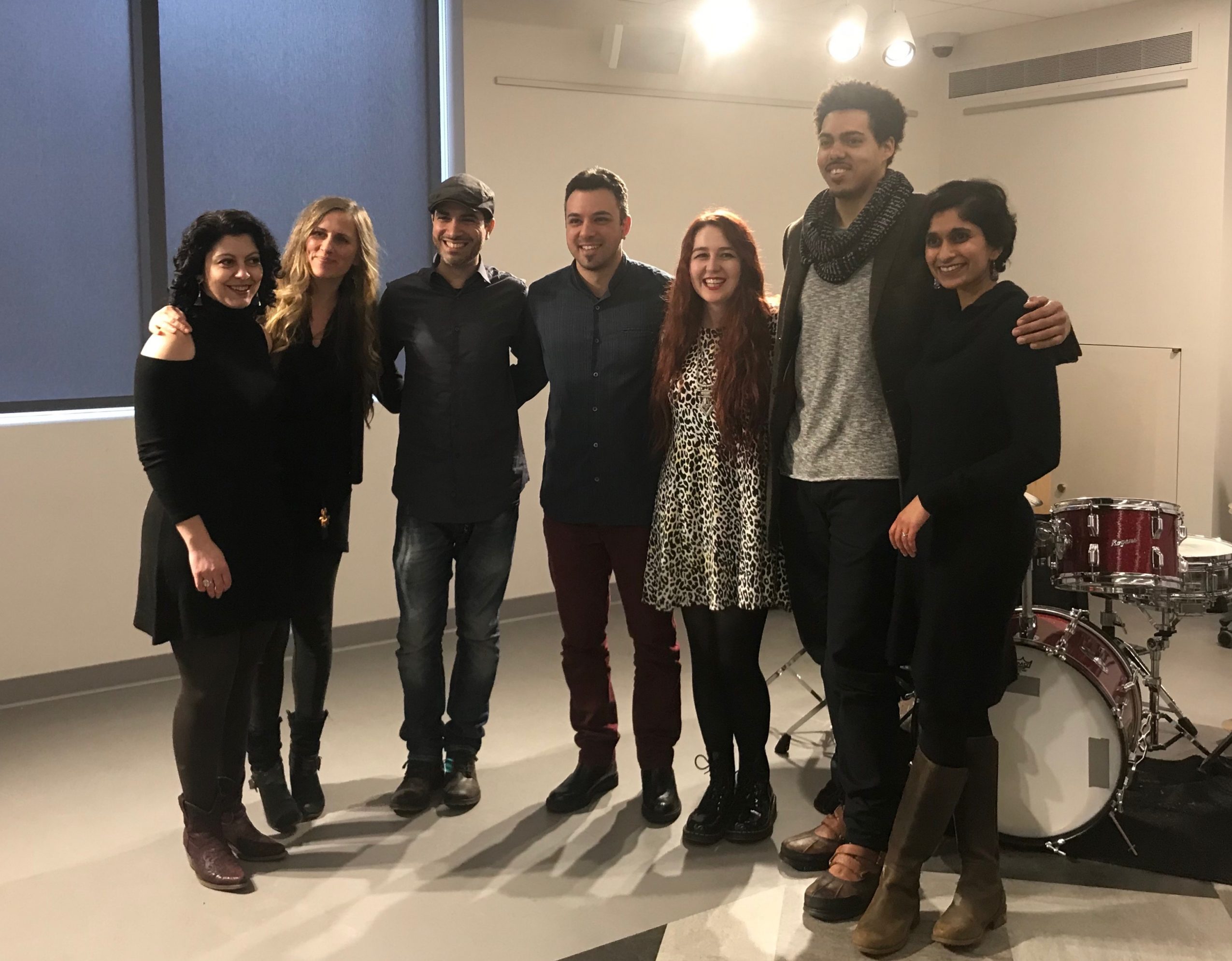

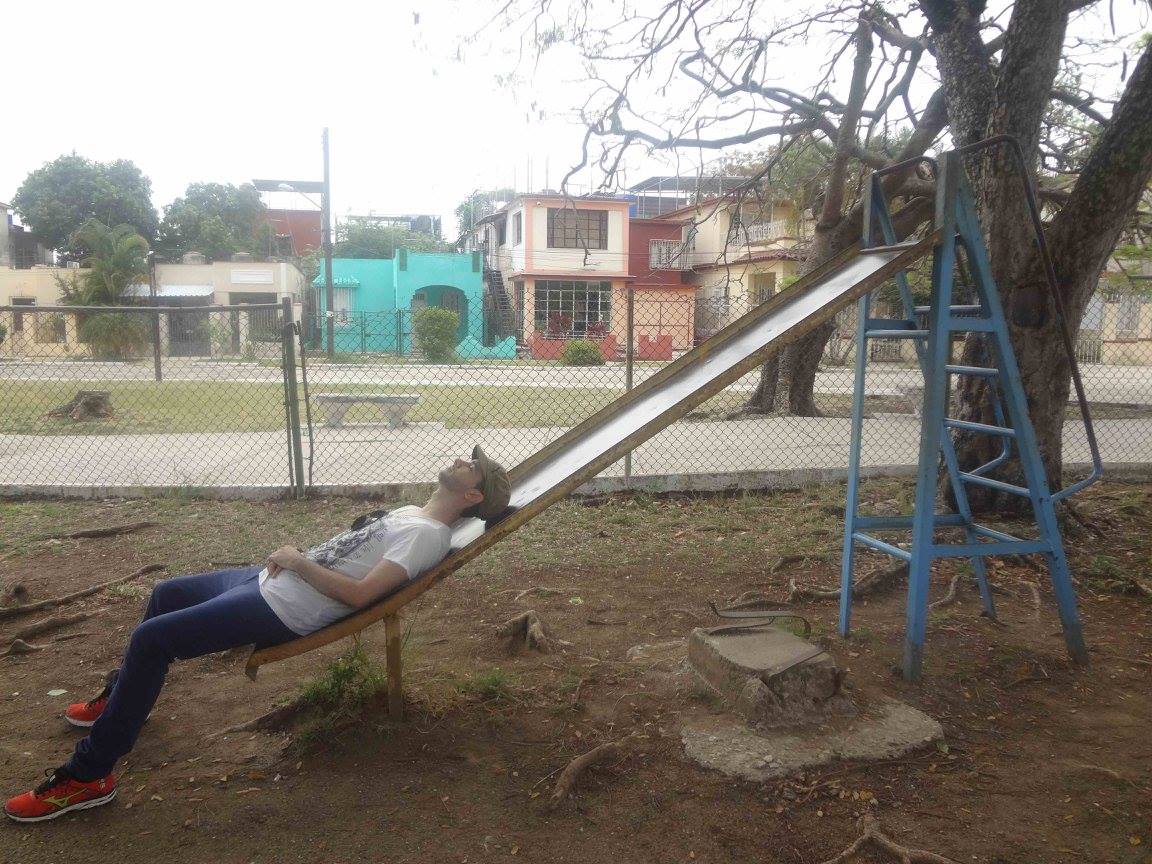
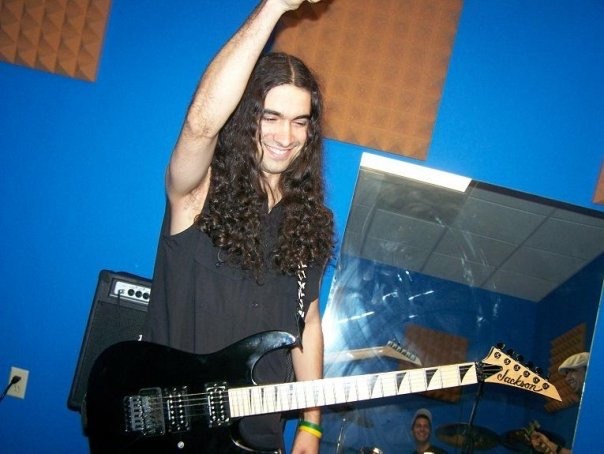
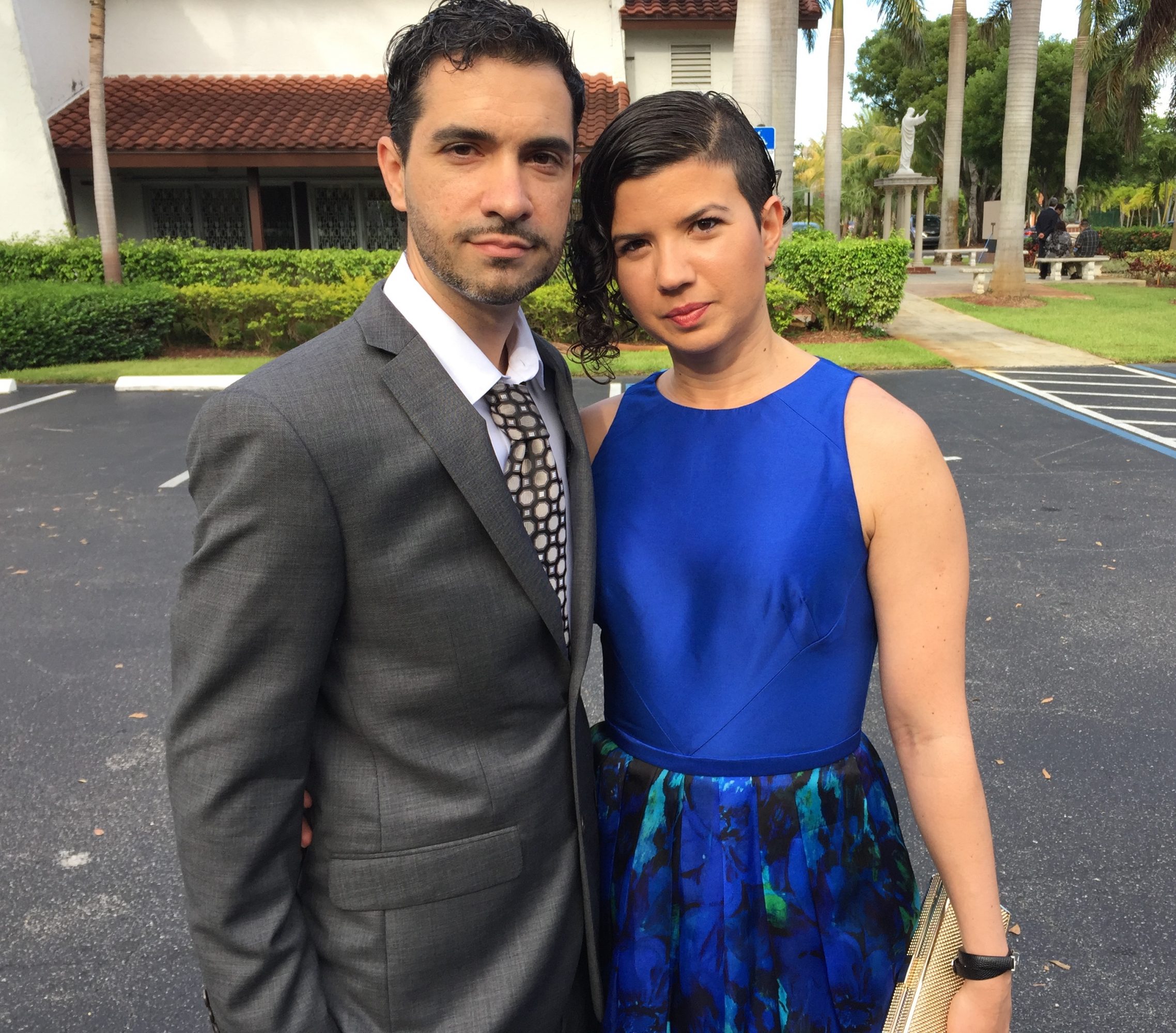
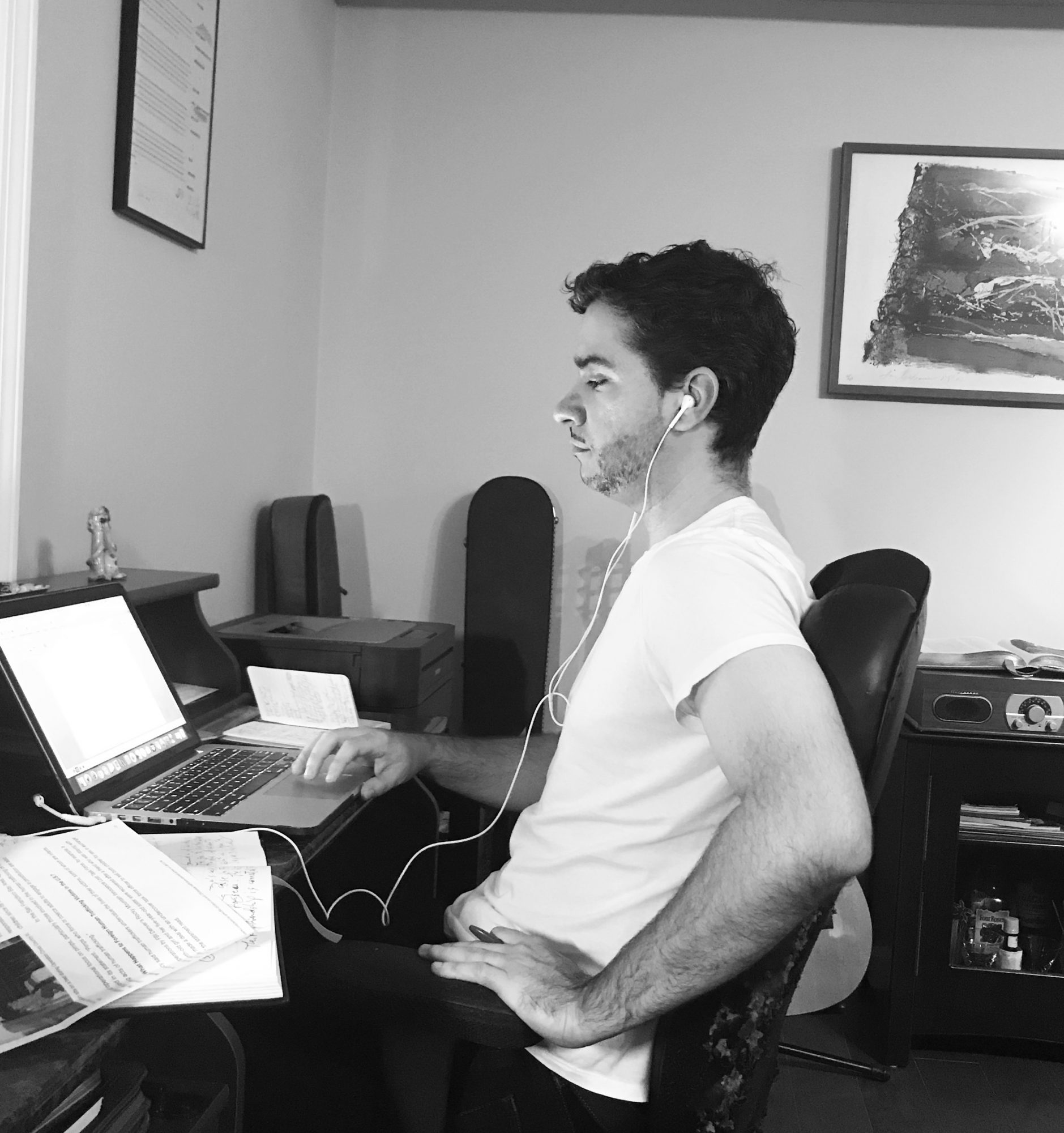
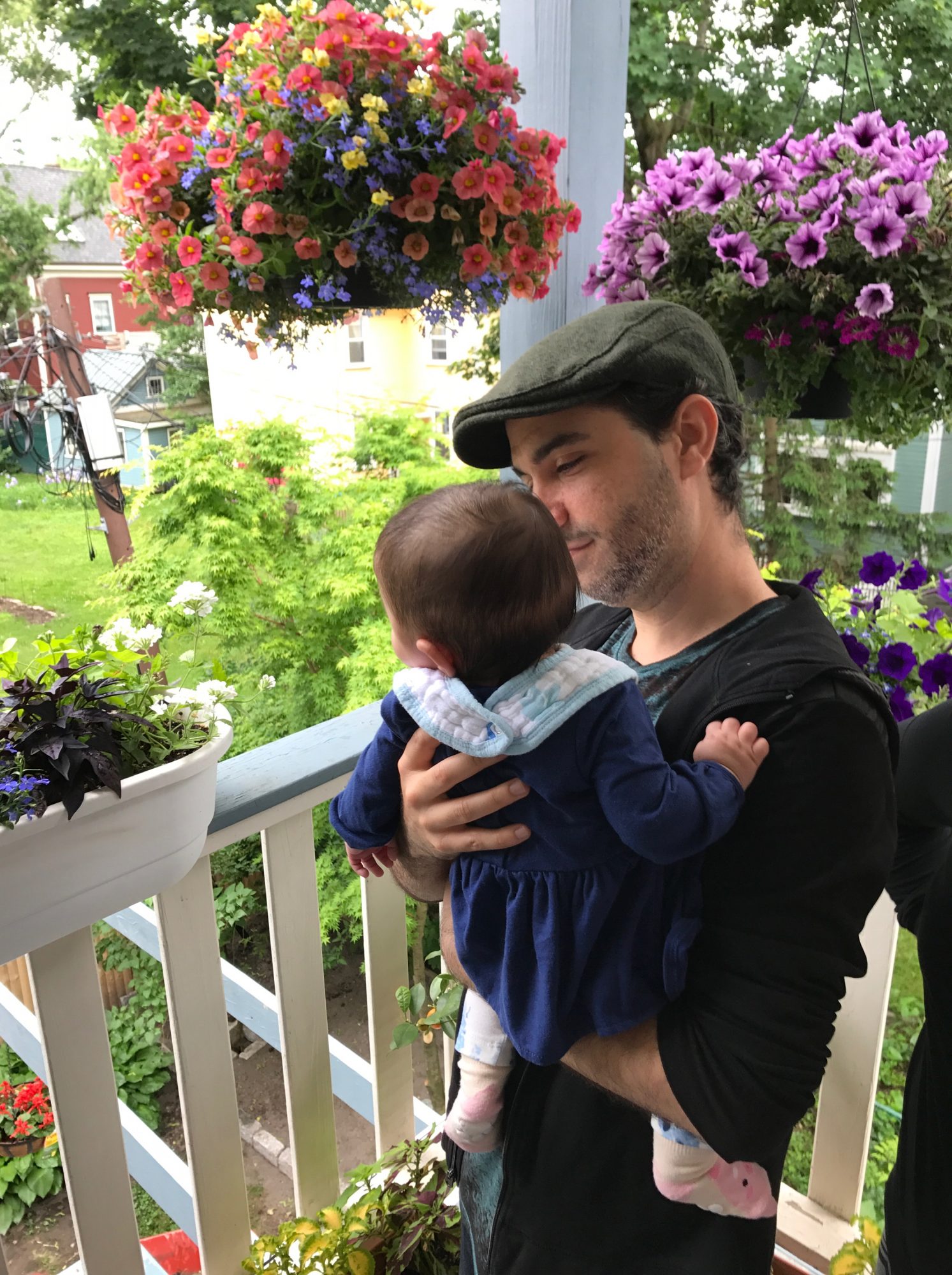
Getting in touch: BostonVoyager is built on recommendations from the community; it’s how we uncover hidden gems, so if you know someone who deserves recognition please let us know here.














